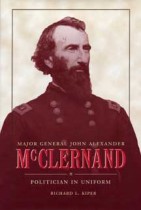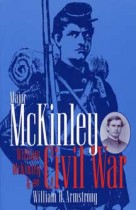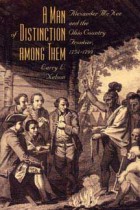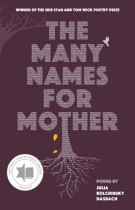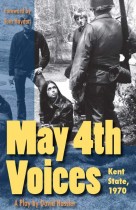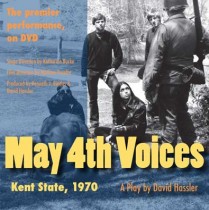The Madness of John Terrell
Stephen Terrell | Filed under: Recent Releases, True Crime, True Crime History
In early 1900s Indiana, John Terrell was the wealthiest man in Wells County, thanks to oil discovered on his farm. But when his youngest daughter, Lucy, became pregnant and entered into a forced marriage to abusive Melvin Wolfe, Terrell’s life and fortune unraveled in a tumultuous spiral of murder, a dramatic trial, and a descent into madness.

